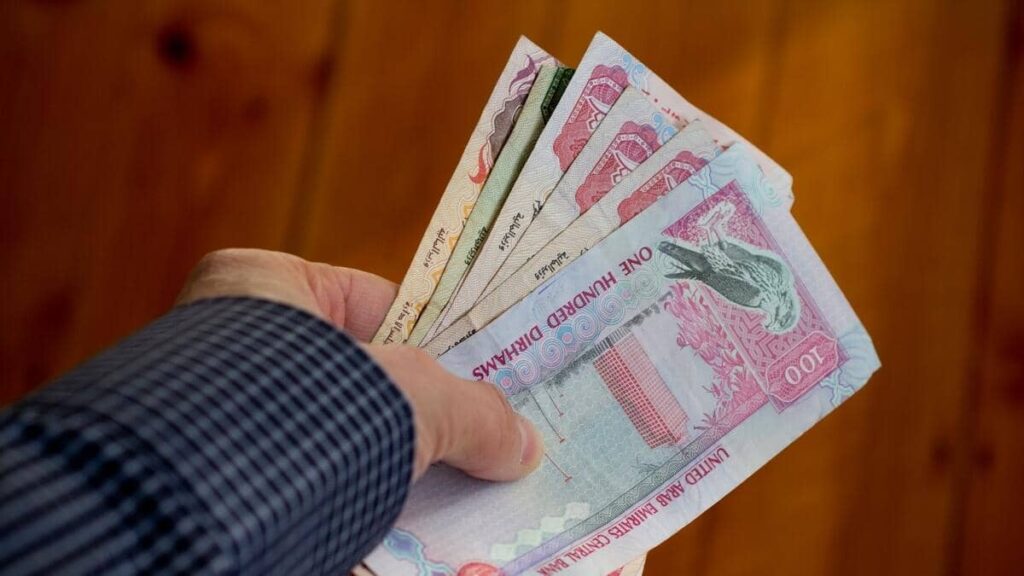Is it time to pay your electric bill or renew your driver’s license? Aside from the service charge or bill amount, you may see an additional fee added to your account. The UAE authorities levy additional fees, whether they are classified as a ‘Knowledge charge’ or a ‘housing fee.’
Government fees in the UAE
According to the official website of the UAE government, u.ae, local administrations charge fees for some services and transactions in order to fund development and maintenance. The following are examples of this:
- Road tolls
- Knowledge fee
- Innovation fee
- Housing fees
1. Roads Tolls
Darb Toll Gate System
When crossing the following significant bridges in Abu Dhabi during peak traffic hours, automobiles must pay tolls:
- Sheikh Zayed Bridge
- Sheikh Khalifa bin Zayed Bridge
- Al Maqtaa Bridge
- Mussafah Bridge
The toll is Dh4 per car for each crossing, with a daily cap of Dh16. So, even if you pass through more than four toll gates in a day, you will only be charged Dh16. There are however some vehicles that are exempt from the toll, such as Abu Dhabi’s public buses, taxis, and school buses.
Payment is performed through an online system that links the vehicle’s number plate to the owner’s registered mobile phone for all other vehicles that are not exempt.
Salik Toll Gate
Motorists in Dubai must pay road tolls under the Salik toll system, which includes toll gates at the following locations:
- Al Barsha
- Al Garhoud
- Al Garhoud
- Al Maktoum
- Al Mamzar South
- Al Safa
- Airport Tunnel
- Jebel Ali
Motorists must display a Salik tag on their vehicle’s windshield in order to use roads with toll gates. The cost of passing through a toll gate is Dh4. When a vehicle passes through a toll gate, the toll amount is charged to the Salik account associated with the tag.
2. Knowledge fee
The Knowledge Fee was established by His Highness Sheikh Mohammed Bin Rashid Al Maktoum, Vice President and Prime Minister of the UAE and Ruler of Dubai, via Law No. (1) of 2018. Sheikh Mohammed, in his capacity as Ruler of Dubai, enacted the law.
According to the law, all transactions for government services in Dubai, including federal government services, are subject to a Dh10 tax, with the proceeds going to the Dubai Government’s Public Treasury.
The law intends to engage the community in supporting educational and cultural projects in Dubai, as well as to establish simple and transparent mechanisms for collecting the Knowledge Dirham Fee.
When transactions are canceled, the fees are not reimbursed, according to the law. For transactions under Dh50 and fees imposed by the Department of Finance, they will not be levied. The Knowledge and Innovation Dirham do not apply to healthcare services offered by government agencies.
3. Innovation fee
In his capacity as Ruler of Dubai, Sheikh Mohammed enacted Law No. (2) of 2018 on the Innovation Dirham Fee in 2018.
The charge is intended to promote innovation-related projects while also including the general public in the process. Dubai government agencies will collect a Dh10 Innovation Dirham Fee for all transactions, according to the law.
The proceeds from the fee will be donated to the Dubai Future Foundation (DFF).
4. Housing fees
The Dubai Municipality charges a housing fee, which is equal to 5% of the rent as stipulated in the lease agreement. When you own or rent property in Dubai, you must pay a levy known as the Dubai Housing Fee. When you check at the charges broken down in your power and water statement, you’ll notice the fee being levied.
